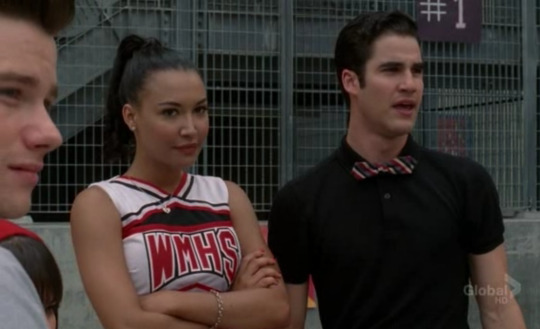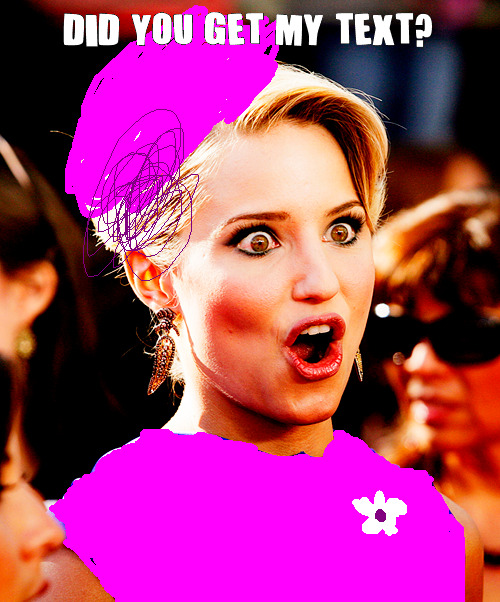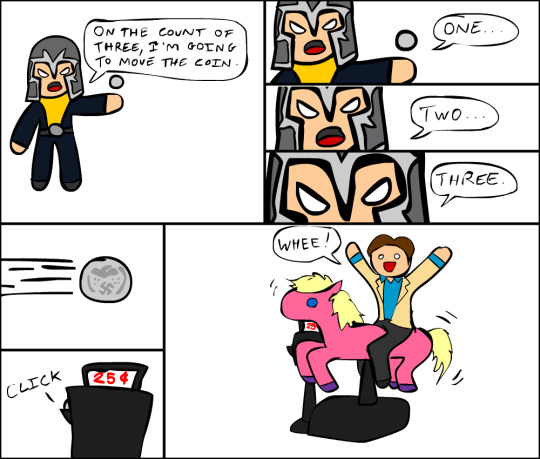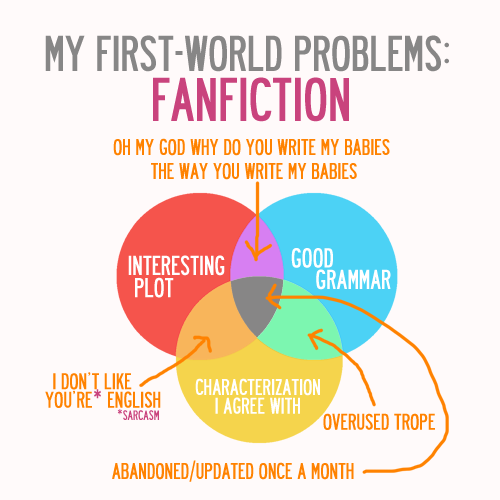There is a power within each of us, and that power is our voice. You are the only one who can quell that power, but it is a beautiful thing - let yourself be heard. Rhiannon. Glee, Harry Potter, X-Men, Vocaloid, and Rock. I will write all of the things!
Don't wanna be here? Send us removal request.
Text
Just going to hang out in calculus because I have worked ahead. Delightful!
0 notes
Quote
Lots of people are mean, and most of them are miserable, even the ones with digital watches.
The Hitchhikers Guide To The Galaxy (via quote-tacular)
#Douglas Adams#Hitchhikers Guide to the Galaxy#Douglas Adams is my spirit animal#DIGITAL WATCHES APPRECIATION LIFE
89 notes
·
View notes
Photo
justdanceanddie:
What a cutie

13 notes
·
View notes
Text
meagansphilosophy:
These are the ones I could find, if you have any other links you should add them so people have multiple options!
One Two Three - This link is a HQ link, says you need to have APPLE quicktime for it to work Four
Start times:
8:00pm EST 7:00pm CST 6:00pm MST 5:00pm PST
If you aren’t in those timezones, you can check here just in case you don’t remember from last season!
Glee S3 E1 - The Purple Piano Project LIVESTREAMS
6K notes
·
View notes
Photo
hackedmotionsensors:
superfries:
mc-mitters:
Yep.
KASDHHJHFHFDF

I’d eat ‘em. WHENEVER THE HELL I WANTED.

#everything good that has ever happened to me in my life is now officially dwarfed in comparison#because this?#THIS IS THE BEST THING#it is the best thing ever
4K notes
·
View notes
Photo

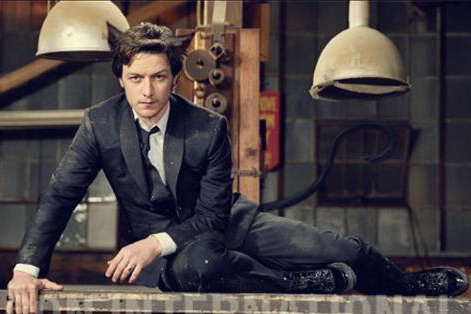




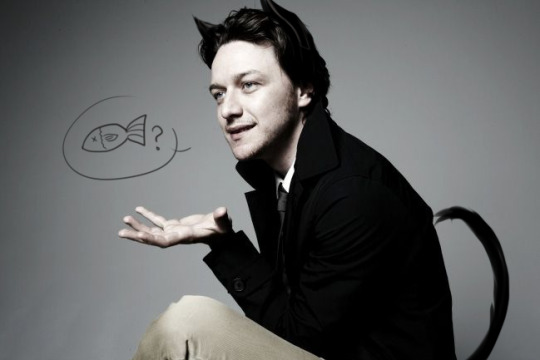

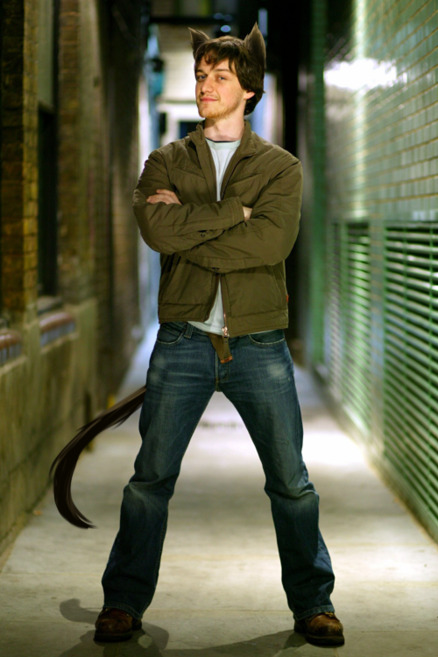

#please not that this is not a judgment#it is an expression of surprise as to the rapid passage of fandom time#i do not object to the love for (or the hatred of) cat boys#i disclaim because i care you guys
4K notes
·
View notes
Photo
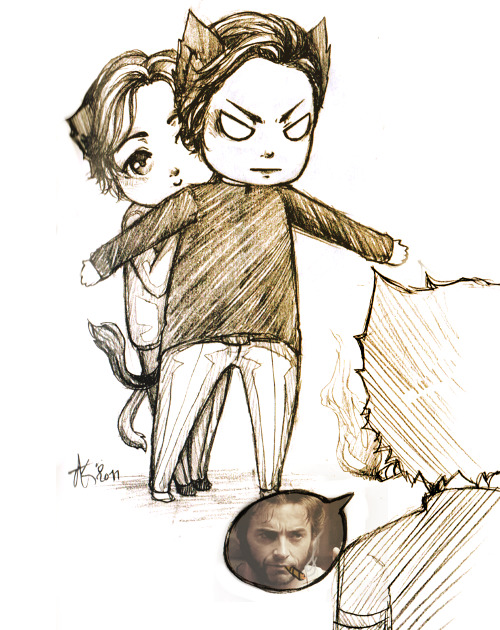
189 notes
·
View notes
Text
gyzym:
BUT HOW COULD ANYONE HATE THESE CHARACTERS
I mean just, let’s look at these women, right, the lives we’ve seen and the lives that they could be leading in the aftermath of the books:
Fleur Delacour, whose whole narrative is wrapped up in her physical beauty until the point where she stands up and says HEY, NO IT’S NOT. Fleur Delacour, the Beauxbaxton’s champion, Fleur Delacour who stands with the Order, Fleur Delacour who loves and fights with fierce devotion. Fleur Delacour, who marries Bill Weasley anyway—and I don’t mean anyway in the sense of “even though Bill Weasley was scratched across the face,” I mean anyway in the sense of “even though Bill Weasley comes from a tight-knit, bordering-on-controlling family who spend months treating her as an interloper trying to steal their prodigal son, as though she is somehow a larger threat than the curses he breaks as part of his day job simply because she was born beautiful.” Fleur Delacour, who plants roots and settles in a country that is not her own. Fleur Delacour, who must wrestle throughout her pregnancy with the knowledge that she is more than simply human, that her husband, too, has more than just the kind of magic most wizards possess; Fleur Delacour, for whom the only name appropriate to give her daughter means victory. And certainly there’s the war connection there, we all know that, the obvious meaning writ in that choice, but nothing is ever so black and white—because it’s all the victory, isn’t it, worldwide but personal too, that this brave, brilliant, bold woman who has been saddled always with the pervasive idea that she is nothing more than what she looks like has won, has won, is free to be fully and wholly herself. And oh, her daughter will learn to be a person first, Fleur will make sure of it, and that is a victory too; one she can pick up and rock in the night, one she can watch grow, one she can teach to roll down the grassy knoll behind Shell Cottage, dress long since ruined, hair streaming out behind her and laughter bright on her tongue. How is this someone to hate?
Then there’s Cho Chang, whose first love ends in murder when she’s barely old enough to fully understand either concept, who must carry the weight of that for the rest of her life, who must wake up in the night at twenty, at forty-five, at seventy with that sick memory of unexpected loss roiling in her gut. Cho Chang, whose relationship with Harry is always discussed as thought it is about Harry, when in fact it’s about a sixteen year old girl on the careening, rough edge of figuring herself out, made all the more difficult because she is grappling with the immediacy of her own mortality and the mortality of her peers. Cho Chang, who could have shut down in the face of what is, unquestionably, the kind of trauma that would immobilize most people, let alone most teenagers, but who instead resolves to live on and then, of course, to fight. Cho Chang who is shown to be loyal to her friends, fiercely brave despite what she’s been forced to endure, but who I am constantly seeing discussed in the frame of decisions she made as a teenage girl in the grip of severe emotional distress caused by trauma that most people—of any age—never experience. Cho Chang, who exists in the HP stories largely to fulfill assorted romantic narratives for various male leads, and manages to rise above this to reveal herself as steadfast and determined and so, so strong. How is this someone to hate?
And oh, Pansy Parkinson, probably the most interesting of them all. Pansy Parkinson, who, like many children, is shown to be cruel to those by whom she feels threatened; Pansy Parkinson who is shown to feel genuine loyalty, compassion, concern and affection for those she loves. Pansy Parkinson, who is so obviously meant to be seen as a bitch that the clearest description of her physical features involves a comparison to an actual dog. Pansy Parkinson, who—all of seventeen and faced with the possibility of her own death, the death of all her classmates, at the hands of the men and women outside, many of whom (despite the masks they wear) she knows she’s known for her entire life—caves to the fear Voldemort is counting on and makes a statement that gets herself and her housemates banned from the fight. Pansy Parkinson, who must live with that statement for the rest of her life, from those who heard it and those who heard about it. Pansy Parkinson, who must catch hell from all quarters—from those on the “Side of Light,” certainly, but also from those who point to her as the reason behind the continuing vilification of Slytherin house. Pansy Parkinson, who must be spit at in the street and jeered at from the sidewalks, whose name will forever be tied to a thing she said in desperation as a scared teenager; Pansy Parkinson whose job prospects will be colored by this mistake, who history will remember for this mistake, whose children will not be safe at her own alma mater because of this mistake. Pansy Parkinson, who, if her constant refusal to kowtow in the face of hatred in the books is anything to go by, holds her head up always despite this. How is this someone to hate?
Here’s the thing about Harry Potter: it is a war story. Certainly it is couched in magic, in humor, in a good vs. evil framing device meant to be understandable to the children to whom the series is marketed, but it is a war story all the same. It is one thing to dislike these characters—though I would disagree with that opinion, it is one’s prerogative as an audience member, the assessment of a character and subsequent development of emotional attachment or lack thereof. But to hate them, blindly and sharply enough to avoid giving them your consideration—to hate these women, these girls, brilliant and loyal and flawed and terrified, wrapped up far too young in a war they never wanted to fight—is, I think, to deny oneself the opportunity to explore some truly exceptional people.
If you hate Fleur Delacour, Cho Chang, or Pansy Parkinson, you should probably unfollow me, because you have objectively poor opinions.
7K notes
·
View notes
